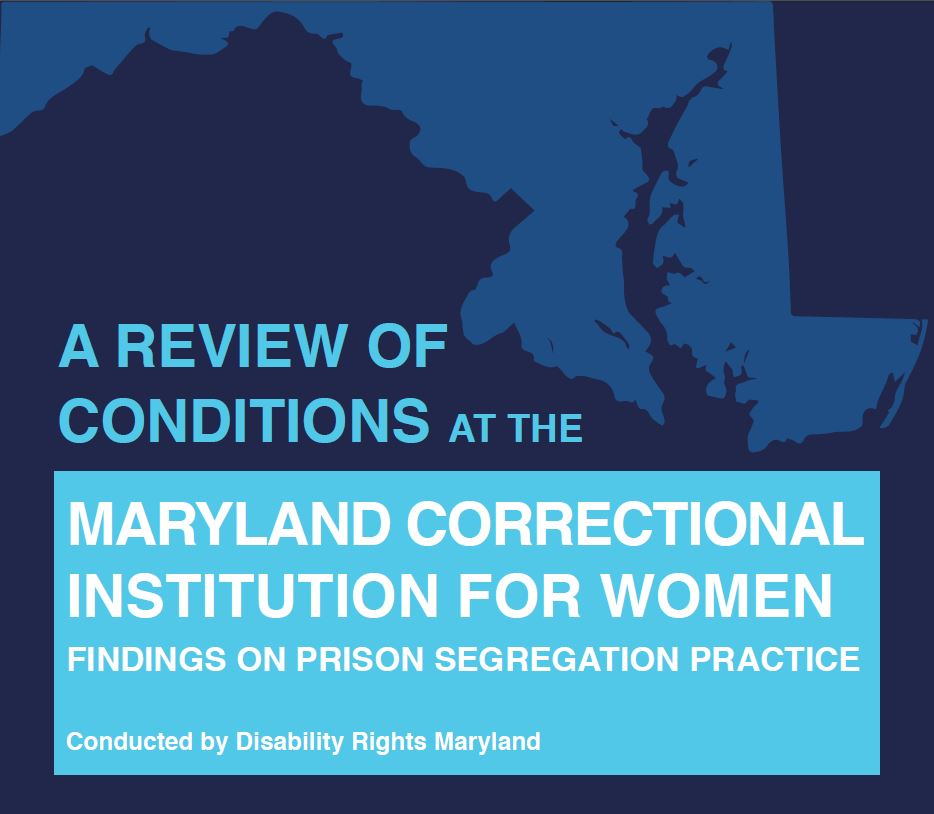In July, we celebrate Disability Pride Month to commemorate the passing of the landmark Americans with Disabilities Act (ADA) in July 1990. It is a time to acknowledge the history, accomplishments, experiences and challenges of disability communities. This is the first year we celebrate without Judith Heumann, “the mother” of the disability rights movement, who played an important role in advocating for passage of the ADA.
In the 1970s and 1980s, Judith’s courageous efforts and advocacy during public protests, including the famous 504 Sit-in, focused attention on the rights and needs of people with disabilities. Her work and that of other disability rights activists contributed to the momentum behind the push for comprehensive civil rights legislation for people with disabilities, leading to the eventual passage of the Americans with Disabilities Act in 1990.
The ADA is a comprehensive civil rights law enacted to prohibit discrimination against individuals with disabilities and to ensure that they have equitable access and opportunities.
The ADA prohibits disability discrimination in many areas:
- Employment: Employers cannot discriminate against qualified individuals with disabilities. They must provide reasonable accommodations to help employees perform their jobs.
- State and Local Government Services: Government programs and services, including public education, health care and voting, must be accessible to individuals with disabilities.
- Transportation: Public transportation services must provide people with disabilities an equal opportunity to benefit from their services.
- Public Places: Business that are open to the public like restaurants, stores, and entertainment venues must be accessible to people with disabilities. Physical barriers should be removed or reduced.
- Telecommunications: Phone companies must provide relay services for people with hearing or speech impairments.
The ADA has significantly improved the lives of millions of Americans with disabilities and fostered a more inclusive society in our nation. Judith Heumann’s leadership stood out in the crusade and victory for inclusion, as well as respect and acceptance of people with disabilities. Her voice defined what justice is and what justice means for people with disabilities.
DRM will continue to proudly celebrate Judith’s legacy and those that continue her work by presenting the Judith Heumann Champion of Justice Award to individuals who embody the values, accomplishments, and spirit that she infused into the disability rights revolution.
Learn more about Judith Heumann and the Disability Rights Movement.
Learn more about why and how to celebrate Disability Pride Month 2023.





